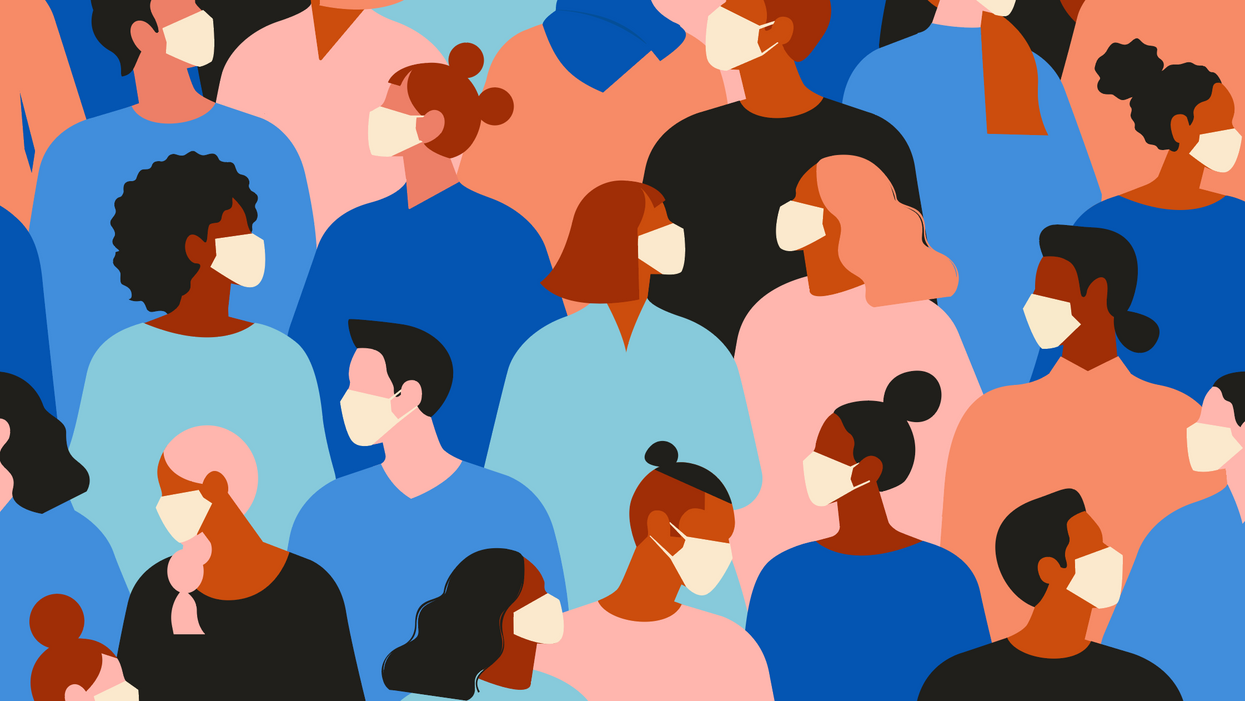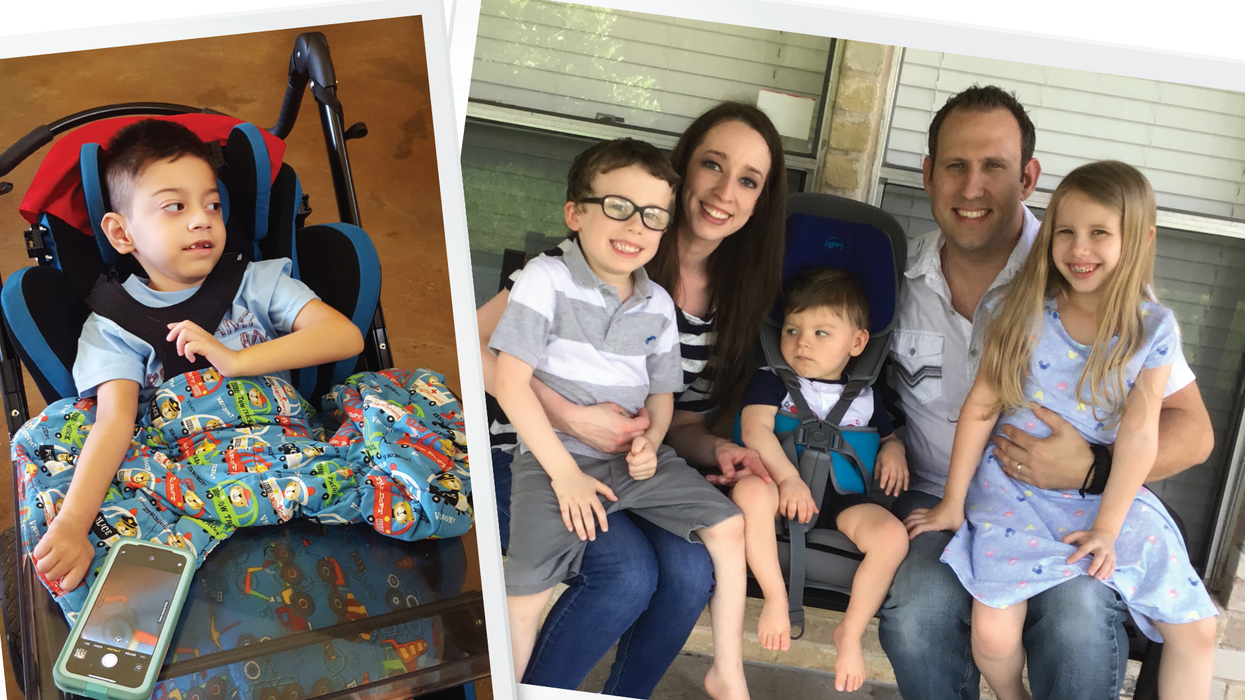
I LIKE HOUSES but not house parties. I think it's because I'm bad with people but good at putting up walls. But now that the pandemic has forced me to spend an entire year pacing like a laconic labradoodle inside the walls of my home-turn-well-appointed-penal-institution, I'd do anything the hear my withdrawn walls reverberate with the chatter of the handful of friends I've kept in touch with over the past year.
And now that I, along with many of my few remaining friends, are on our way to being fully vaccinated, I should be able to theoretically make my sullen, sound-deprived walls happy soon by turning this sonic dream into a reality. The only problem is that the year-long sabbatical I just took from my busy pre-pandemic social life has caused my group socializing skills to dimmish so much that I if I spot a couple I know at the grocery store, I'm more likely to take a swan dive into a pile of legumes than I am to muster up the courage to squeak out an "Oh, hey! I guess you're still alive too," in the loudest decibel capable of my new mouse voice.
I doubt I'm the only person who is in this predicament. Social skills are like muscles in that they can atrophy with lack of use, and no amount of family Zoom calls will keep your social skills acute enough for you to easily recall the most effective and socially acceptable way to "suggest" to a sloggy Aunt Joan that she pour the rest of her extra-dry martini down the kitchen sink so she can more safely follow you upstairs to check out the turn down service you just completed for "whomever wants it" in your guest bedroom.
Many of us have been fortunate enough to spend the pandemic living under the same roof as a significant other, a roommate or family member, but not everyone has been lucky enough to have a permanent fixture in their immediate social bubble. And even those who have had the joy — and the accompanying misery — of having a partner to share every single one of their social interactions of this past year are going to get hit hard with a reality check. It'll come when they slink out to their first alfresco fete and realize making small talk with their partner between house-pacing sessions is a lot easier to do socially than relearning how to properly emote from their bashful, unmasked mouth.
"I don't want to make an equivalence between prisoners in solitary confinement and what all of us are going through now, but there are definite similarities," said Craig Haney, a psychology professor at the University of California, Santa Cruz, to The New York Times in a recent article highlighting how royally screwed we all are socially now. "People feeling uncomfortable with other people is part of what happens when denied the normal social contact that we so much depend on."
So, what do we do then? Is it possible to reclaim some semblance of our pre-pandemic social prowess, or should we expect to forever slink away from all but the most familiar and easy of social interactions?
David Moscovitch, a professor of psychology at the University of Waterloo — not that Waterloo, although trial by combat is an apt analogy of our current social landscape — told Vice News that by shooting for a 50/50 talking-and-listening balance while socializing, by carefully planning out social activities — a game of tennis, or happy hour at a bar — and by simply being honest with our friends about our new discomfort with socializing, we should be able to slowly rebuild our atrophied social muscles.
"People who are very anxious tend to look for ways to avoid things that make them anxious naturally," said Moscovitch. "But we know from a lot of research that the more you avoid something, the harder it becomes."
So, follow Moscovitch's advice and start flexing those social muscles again — just do it at a pace you're comfortable with. Soon enough, you'll find that you're just as good at pacing a conversation as you are at pacing your house.

















